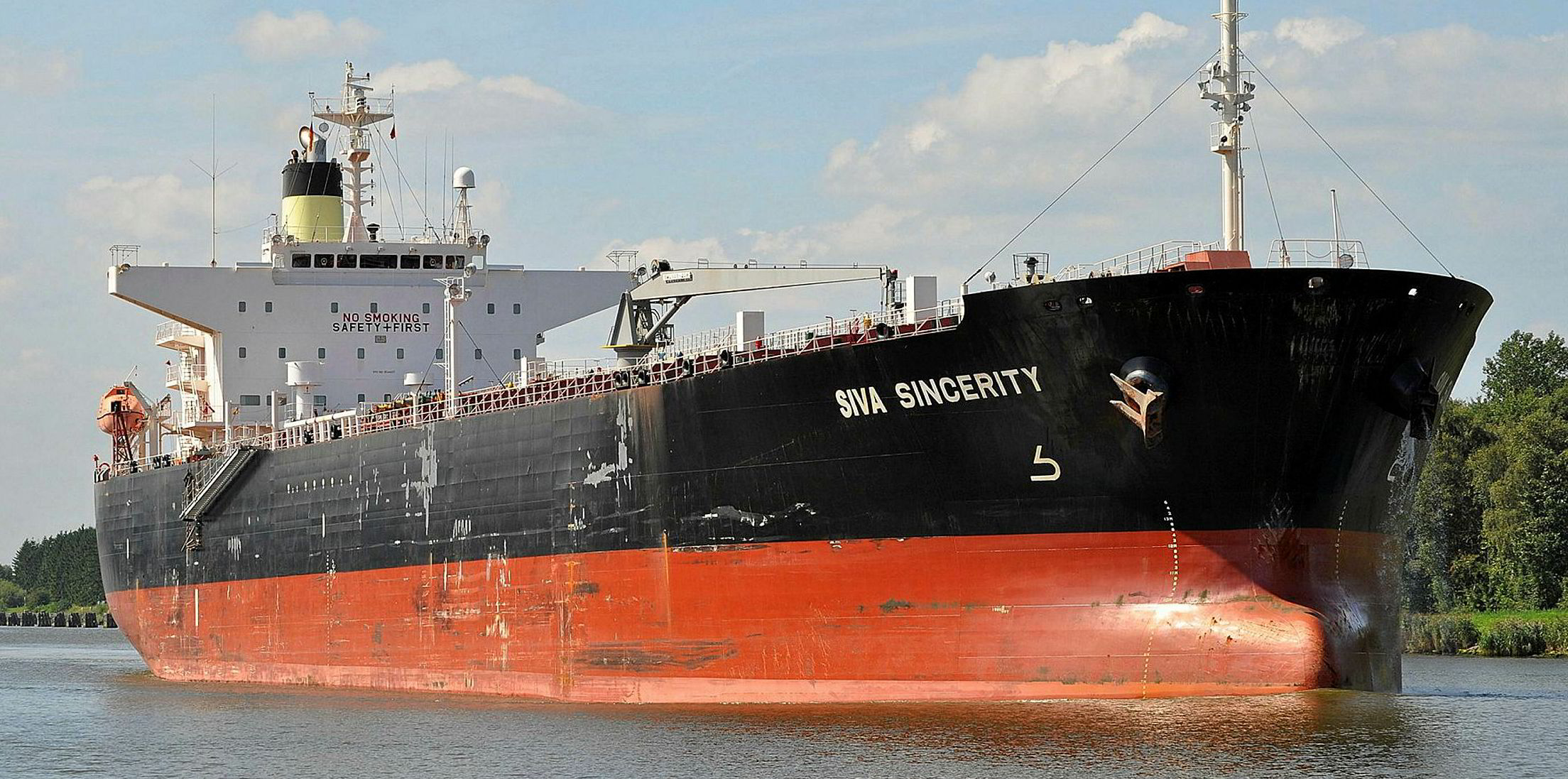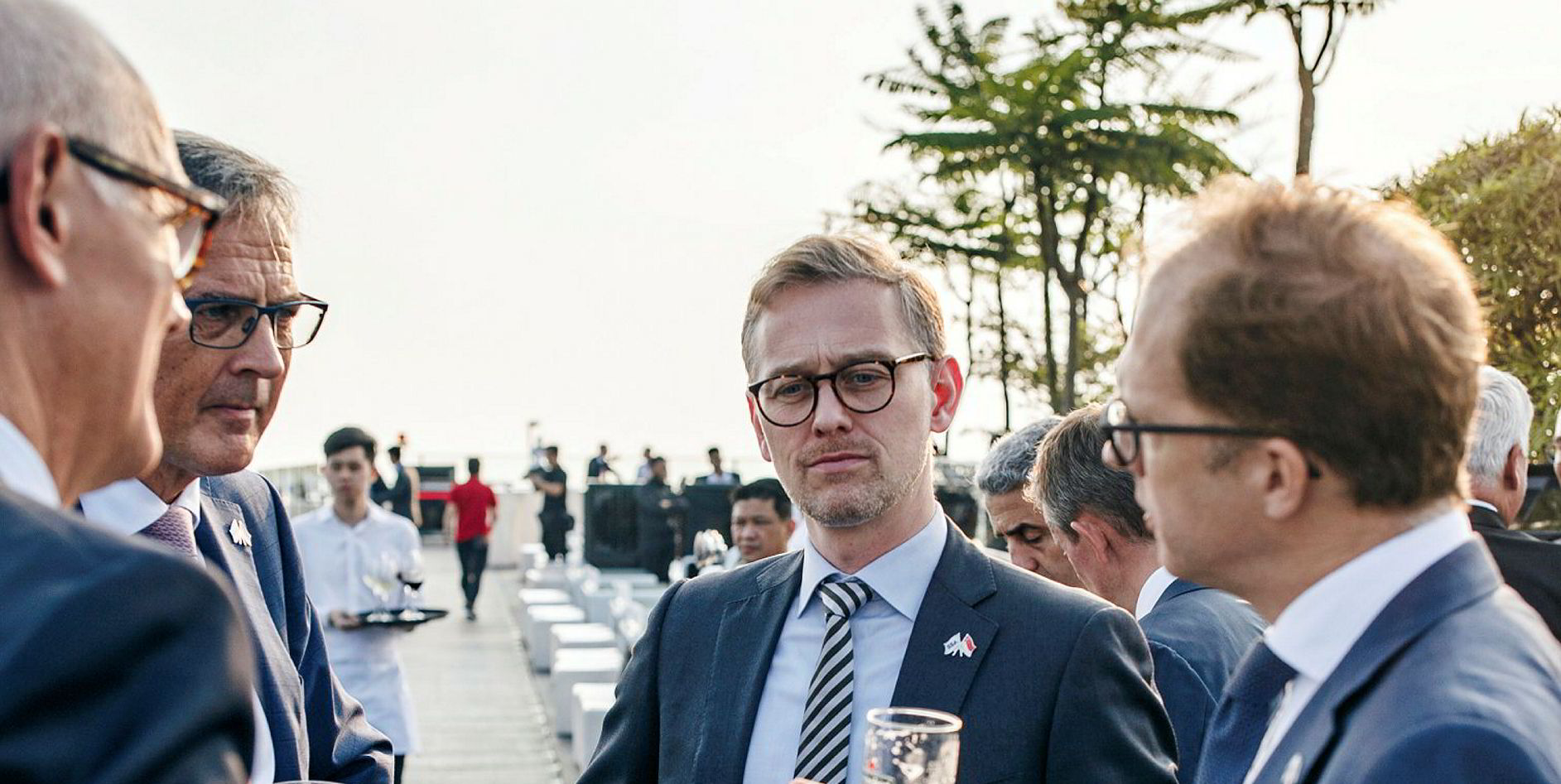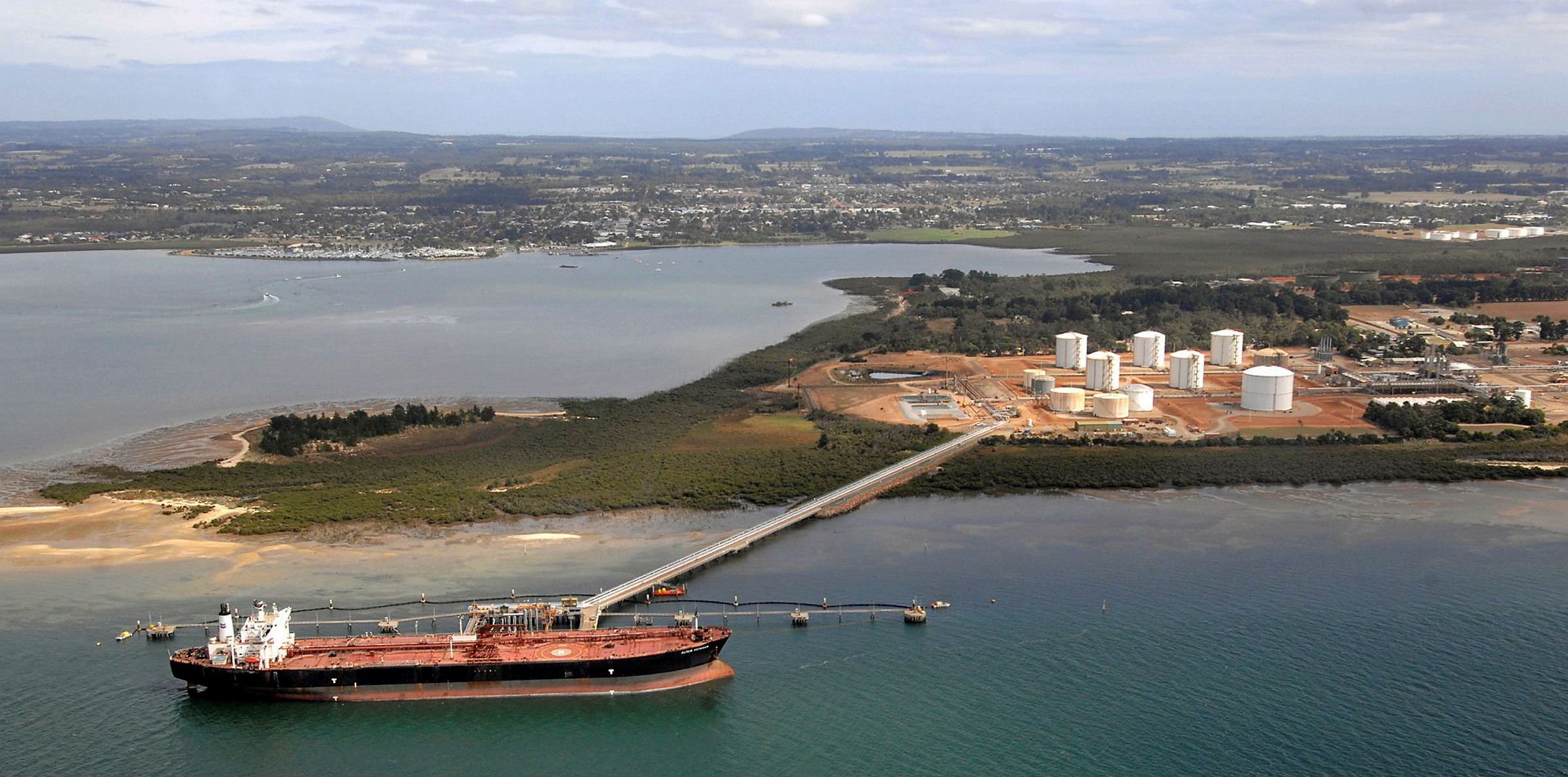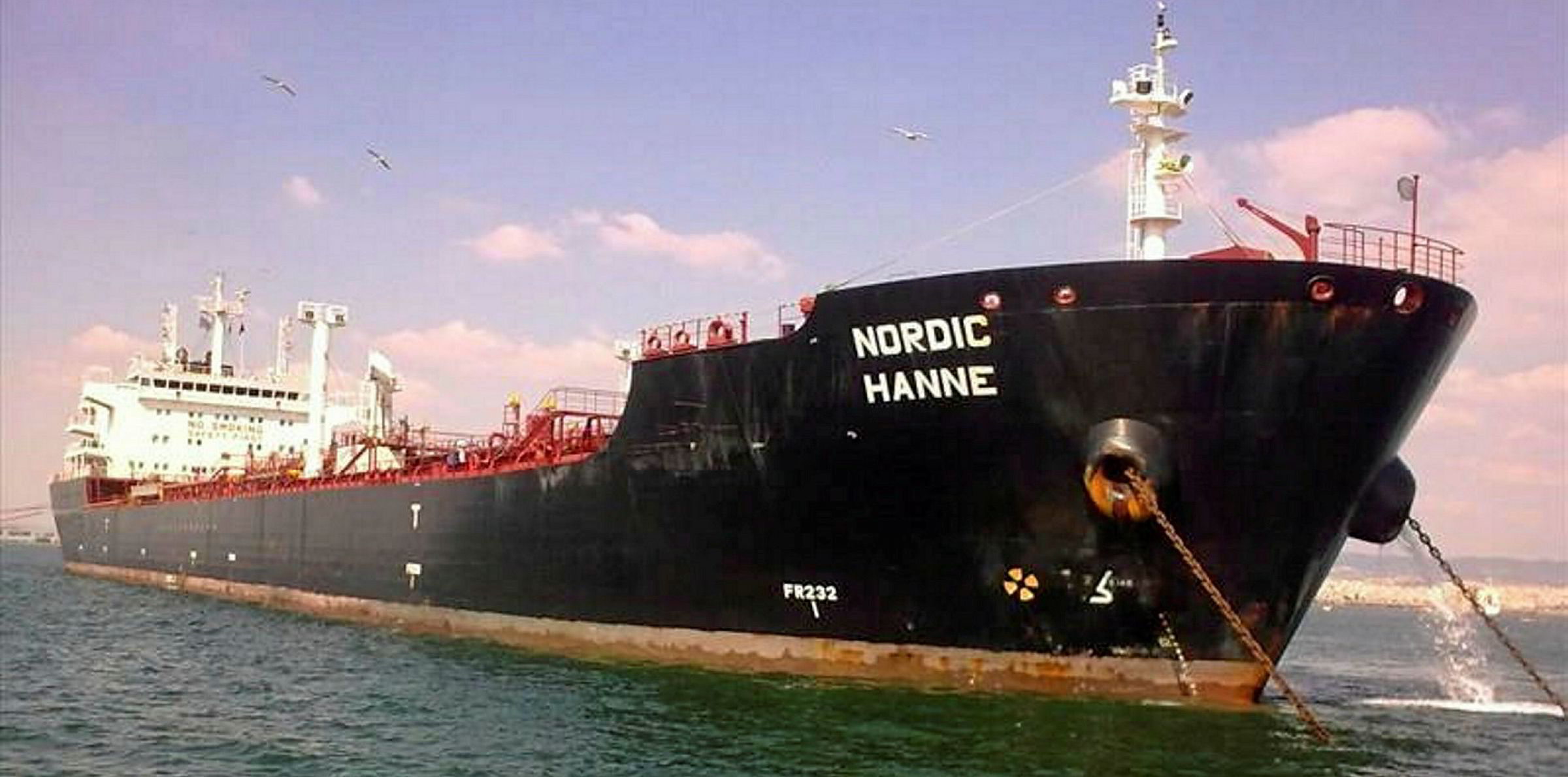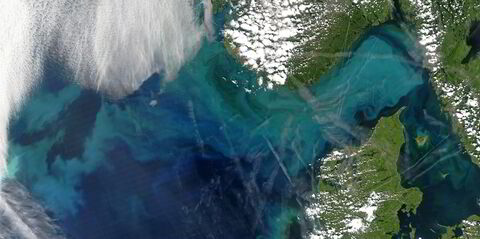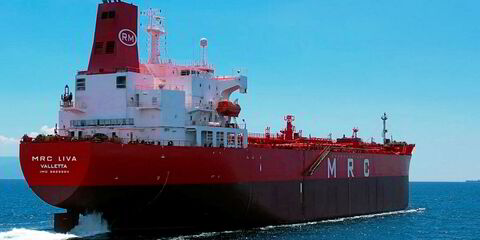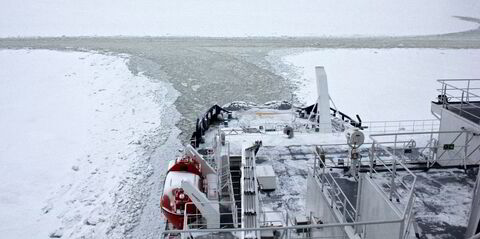Secondhand sales activity for product tankers is ramping up as owners seek to catch up with fleet renewals delayed by the pandemic and get ahead of a further fall in the market.
In recent days, seven MR and LR product tankers were being touted for sale by brokers.
Among others, these vessels include Ardmore Shipping's 45,700-dwt Ardmore Seamariner (built 2006), Nisshin Shipping's 48,000-dwt FS Sincerity and Norden's 51,000-dwt Nord Pearl (both built 2009).
In October, TradeWinds reported that Maersk Tankers was planning to offload about 30 MR and LR products tankers in a mass sell-off.
The Danish giant has since abandoned the idea in favour of a more piecemeal disposal of tonnage.
Denmark’s Norden sold five product tankers and bought three during the last financial quarter.
Norden chief executive Jan Rindbo told TradeWinds that the increased sales activity simply marks a normalisation of the sale-and-purchase market that was disrupted earlier in the year by the pandemic.
“I think there's generally more activity now [compared with] back in especially March, April, May, when most of the world was in some kind of a lockdown from the pandemic,” he said.
“We've seen now it has been easier to travel around, do vessel inspections and so on. So we are actually seeing more activity simply because some of these restrictions have eased a bit, although we are going through another wave now in Europe.”
Buyer's market

But current market conditions do not favour sellers.
Ralph Leszczynski, head of research at Banchero Costa, estimated that secondhand product tanker prices are down 10% year on year, creating a buyer’s market ripe for opportunistic asset play.
He said low asset prices for product tankers reflect the moribund trading market.
The FS Sincerity was valued at $15.8m at the beginning of the year, but VesselsValue estimates it is now worth $13.4m and Maritime Strategies International values it at between $11.5m and $14.1m.
Covid side effects
Leszczynski said the coronavirus is still denting the market.
“Things do not look particularly bright for MRs at the moment,” he said. "Spot rates, which were excellent in the second quarter of the year, are now barely above running costs.
“The deteriorating coronavirus situation in Europe and the USA, with new lockdowns and movement restrictions coming, is very negative for gasoline, diesel and jet-fuel demand in the coming months.”
Leszczynski believes that the bleak prospects for the product tanker market in the coming months may encourage leading operators to sell more tonnage, despite low asset values.
The deteriorating coronavirus situation in Europe and the USA, with new lockdowns and movement restrictions coming, is very negative for gasoline, diesel and jet-fuel demand in the coming months
Ralph Leszczynski
By offloading tonnage and trimming fleets, he said operators can reduce their exposure to the downside and protect their share price.
“Expectations of lower oil prices and poor oil product demand in [the] coming months, due to the new lockdowns in Europe, are going to penalise their stock prices if they are heavily exposed to the product tanker market, so they might consider to limit their exposure,” Leszczynski said.
Operators admit there is little prospect of recovery in the market in the short term.
Ardmore Shipping chief executive Anthony Gurnee has hopes of a medium and long-term recovery but, in his company’s third-quarter earnings report, he said sentiment was down for now.
"Following a very strong first half of 2020, charter rates for product tankers experienced a sharp decline in the third quarter as a result of the pandemic, which is now extending into the fourth quarter,” Gurnee said.
“Oil demand and, in particular jet fuel, remains well below levels at the start of the year, and oil trading activity has been much more muted, compared to levels experienced in the first half.”
